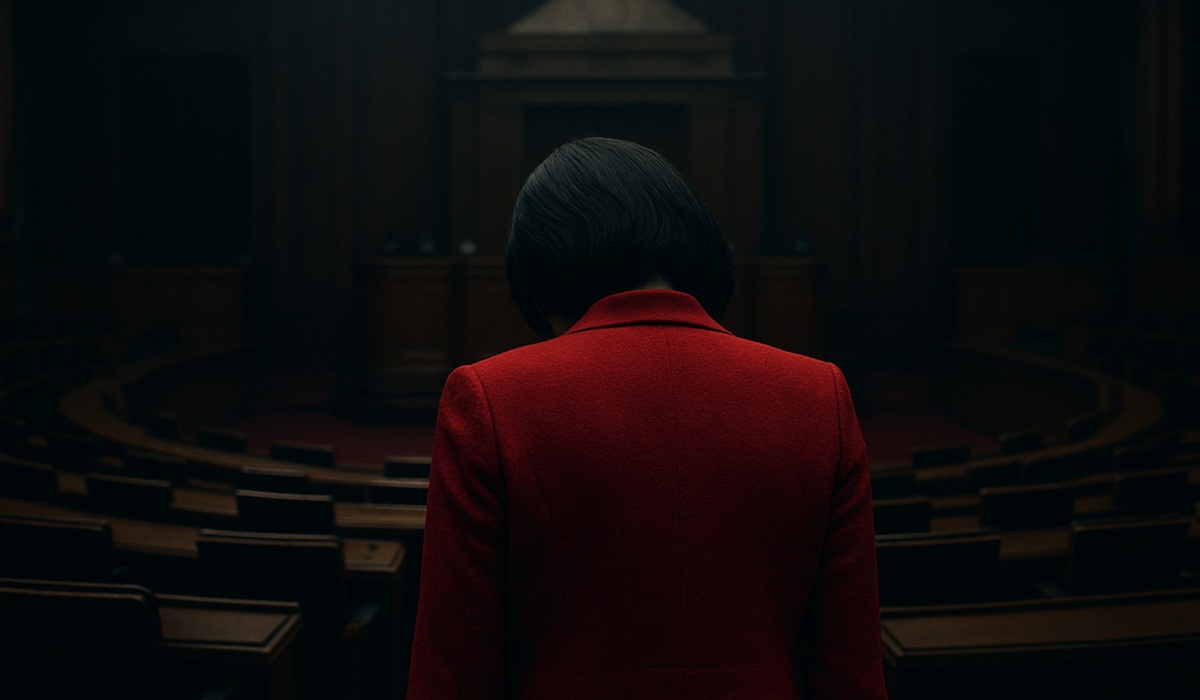Job Seekers Stop Talking About Your Past. Employers Do Not Care!
- Nick Kossovan
- The Art of Finding Work
- Trending News
- May 22, 2025

Image Credit, Limassol/Cyprus
We all know the adage, “What’s done is done,” which savvy hiring managers cite to themselves as a reminder that a candidate’s past achievements do not guarantee future achievements. From experience, I’m now cognizant that while a candidate’s past behaviour and results offer insight into their likely future actions, they aren’t a foolproof predictor of performance, hence why I don’t ask behavioural questions. Such questions complicate the hiring process, favour candidates who can easily conjure up stories—true or not—and don’t reveal what I really want to know: how the candidate thinks and their career aspirations.
Most job seekers mistakenly position themselves by referring to their past achievements instead of painting an “I want to deliver the results you need” picture for their interviewer. An underused interview strategy is to not dwell on where you’ve been (water under the bridge); instead, talk about where you’re going career-wise and how you’d like the employer to be part of your journey. I call this future-oriented anchoring a powerful narrative strategy that puts you in control of your career story.
Frame your trajectory in terms of where you’re headed, not where you’ve been. When you only discuss your past, you anchor yourself to what you’ve already been paid for and the roles you’ve already had. However, when you talk with enthusiasm (key) about where you see yourself in the future, you create a positive ‘future you” impression, influencing how your interviewer perceives your potential and value. Trying to gauge a candidate’s potential is why interviewers often ask, “Where do you see yourself in five years?”
Instead of dismissing the ‘five-year question’ as a cliché, acknowledge its significance. Your response to this question, when answered with precision and backed by your current actions, can speak volumes about your ambition, work ethic, and if you have any sense of entitlement. A meticulous approach to answering the ‘five-year question’ will set you apart from other candidates.
“Five years from now, I see myself overseeing the social media team at a major film entertainment studio such as DaVille Studio. I’m currently pursuing a Digital Strategy and Communication Management certificate from the University of Toronto School of Continuing Studies. Additionally, I read as much as I can about social media management. I just finished The Art of Social Media: Power Tips for Power Users by Guy Kawasaki, a book advocating purposeful engagement, which I wholeheartedly agree with.”
Since you know you’ll likely be asked, “Where do you see yourself in five years?” there’s no excuse not to have a prepared answer in advance, something along the lines of the aforementioned, that’ll make your interviewer sit back and think to themselves, “[You] is serious about their career.”
One of the most common complaints I hear from job seekers is, “Employers aren’t seeing my potential!” Here’s the thing: you can’t expect employers to see (read: envision) your potential if you don’t provide a narrative that conveys your potential. It’s your responsibility to help employers recognize your potential and value instead of expecting them to perceive it magically.
Future-oriented positioning communicates to an employer that your most significant contributions lie ahead. Consider these two statements:
- “I successfully led our company-wide cloud migration, reducing costs substantially.”
- “I’m focused on enterprise-wide digital transformation that proactively, as opposed to reactively, prepares companies for the next decade of technological change. I want to be part of keeping Burns Industries ahead of the digital curve and deliver no less than an annual 30% cost savings due to adopting an early adoption approach.”
The first statement merely reiterates what the interviewer already knows from your resume and LinkedIn profile; the second statement is much more compelling. The first statement limits your value to your past, while the second offers the interviewer insight into your potential future contributions to the company. A candidate’s potential future value is a significant factor that employers consider when making hiring decisions, which highlights a harsh reality: a candidate’s “future” (read: remaining working life) is one reason employers sometimes take a candidate’s age into account when hiring.
Talking about your career aspirations and how you plan to get there is how you sell employers your potential and value. While employers need to know what you’ve accomplished, what is more important for an employer to know is how your experiences are influencing your future actions. I don’t know a hiring manager who doesn’t want to know—better yet, feel— whether a candidate is ambitious, proactive, and ready to take on challenges.
If you’ve executed a successful marketing campaign, don’t just stop there. Expand on how that experience influences your vision for future campaigns. You might say, “The marketing campaign I led last year for Jojo’s Ice Cream’s newest flavour, Banana Karenina, taught me the importance of data-driven decisions. My goal is to leverage this insight to develop even more engaging strategies that boost brand loyalty.”
When interviewing, don’t just discuss your past or career aspirations; an interview isn’t solely about you. Interviews are your opportunity, one that few job seekers capitalize on, to showcase your potential value-add, which, as I mentioned, is your responsibility to ensure your interviewer sees and feels.
_____________________________________________________
Nick Kossovan, a well-seasoned corporate veteran, offers “unsweetened” job search advice. Send Nick your job search questions to artoffindingwork@gmail.com.








